We’ve conducted many health tech studies over the years, and we’ve become quite opinionated in the process. Check out our articles and case studies below, and who knows, you might even learn something new!
-
We live in an increasingly divided world, and it’s not just about our social media algorithms. One only has to look at recent and pending electoral outcomes in the West. These have yielded (or are threatening to yield) unpredictable and surprising results that leave some breathing a sigh of relief, while others groaning in despair. Yet both sides share a sense of uncertainty of how the pendulum will swing: “Will things finally go our way?” or “How long will things stay in our favour?”
Read full article → -
If you were born in the 90’s or before, you’ll likely remember dreaming about the kinds of technologies the future might bring, most certainly starting your sentence with “will we ever…” or “imagine if…”. Today, it’s less a matter of ‘if’ and more ‘when’…
Read full article → -
Go back far enough in history, to the times before hospitals were the norm, and you will find that the point of diagnosis and care was the patient’s home. For the past 200 years or so, for the more serious illnesses, this has shifted to hospitals. But the trend is reversing, and today, patients themselves are increasingly becoming the point of diagnostics again, with the spread of portable diagnostic devices.
Read full article → -
Growing up, robot action movies were part of my staple diet. Remember Robocop? The Terminator series? Especially Part 2; the sequel to end all sequels, where T-800 slugs it out with T-1000? What about Van Damme’s Cyborg? Yeah, I’d forgotten about that one too, but as a kid, I used to love the gore!
Read full article → -
The Internet of Tiny Things is improving healthcare in rural Africa. Are you aware of IoT? The Internet of Things? You should be, because it’s a revolution.
Read full article → -
Stay tuned…

To help you understand what we mean by courageous research, we have created a series of case studies, outlining how we have solved unconventional business challenges with a breath of fresh air.

case study one: fusion
The Brief
Are infusion clinics really boring, stressful and time-consuming? The client wanted to be the market leader in biologics in gastroenterology. They had an in-home sub-cutaneous treatment while the standard of care was a hospital-administered infusion product.
Key Questions
What is the main impact on quality of life patients using infusion clinics?
How does this compare to self injecting?
How much awareness if there among specialists about this?
How do we get through to physicians with these messages?
Curious To Know How
We Solved This Brief?
Send us an email and we will tell you all about our courageous methodology. Also find out more about our courageous workshops, where we come to you in person and show you why being courageous researchers is so important.

case study two: keystone
The Brief
Our client had a portfolio of tumour markers competing with other investigations for use in oncology diagnosis and treatment monitoring. The research objective was to decide whether to continue to focus their sales efforts on clinical scientists or change direction targeting physicians, and, if so, which ones and how to best approach them.
Recreating the setting in which management and treatment decisions for lung cancer are made gave us the opportunity to understand first-hand the chain of events and the decision making process for biomarker testing, observing interactions and power relationships, identifying the key stakeholder in diagnostic and monitoring as well as involving clinical scientists in order to understand whether they have the knowledge, the ability to influence and the willingness to proactively take an educational role with physicians’ counterparts on how to use tumour markers.
The multi-phased methodology we designed for this study is particularly suited to real life situations where HCPs consult with each other as well as with external counterparts to make important treatment decisions.
Key Questions
Why are these tumour markers not used more?
What are the drivers and barriers for use?
What is the role of the lab in decision making?
How are decisions made?
Could the lab act as an ambassador for tumour markers?
Curious To Know How
We Solved This Brief?
Send us an email and we will tell you all about our courageous methodology. Also find out more about our courageous workshops, where we come to you in person and show you why being courageous researchers is so important.
Email us

case study three: forget-me-not
The Brief
Our client's innovation team had partnered with a range of smart device manufacturers, to test various prototype devices developed to assist diabetes patients with their treatment adherence. The objectives were, first, to understand whether the prototype devices functioned as intended, and second, whether they had the capability of improving patient adherence in real life.
The client wanted to explore the value of these devices in two markets (UK and US), but without having to run a full clinical trial. Why avoid a trial? Because they take years to conduct; cost millions; and their results need to be reported, whether positive or negative.
Key Questions
What are the attitudes to adherences; both patients and HCPs?
What is the acceptance of adherence devices overall and in response to the device provided for the trial period?
What, if any, impact did the smart device have on patient adherence?
Which, if any device, should be taken into development?
Curious To Know How
We Solved This Brief?
Send us an email and we will tell you all about our courageous methodology. Also find out more about our courageous workshops, where we come to you in person and show you why being courageous researchers is so important.






